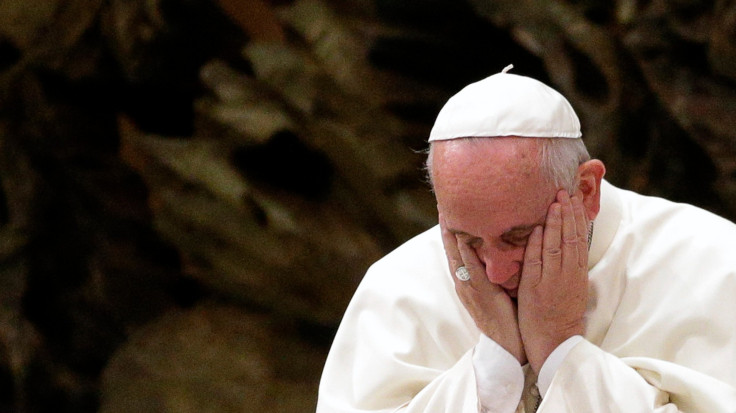
The Vatican is denying reports that it trains bishops to hide sexual abuse allegations, according to the Catholic News Agency. Trainings for new bishops omit best practices on combating sexual abuse, Crux reports. In one training material, reporting sexual abuse to the police is described as “not necessarily the duty of the bishop,” according to the Guardian. The Vatican says the message is in no way a discouragement for Church officials to dodge civil authorities, and not a blanket Vatican policy.
“[The reported training content is] not in any way – as someone has mistakenly interpreted – a new Vatican document or a new instruction or new 'guidelines' for bishops,” Holy See spokesman Father Federico Lombardi tells CNA.
The reports mark the latest shortcoming on failed promises by higher authorities of the Roman Catholic Church. Pope Francis created the Pontifical Commission for the Protection of Minors to identify “best practices” for dealing with sexual abuse. Yet the Crux report argues these practices aren’t being shared with decision makers.
Victim support groups have been livid. One rape survivor who served on the Pontifical Commission resigned in February out of frustration.
The Bishop training reports follow clear examples of the Church openly protecting priests from civil prosecution in some cases.
Last summer, the Latin Times reported on the case of Archbishop Jozef Wesolowski, who was airlifted out of the Dominican Republic in 2014 just in time to avoid an investigation that had secured the cooperation of 7 alleged victims of his suspected sexual predations. Wesolowski was allowed to live out the last of his days in the Mediterranean climate of Vatican City after extradition requests from the Dominican Republic were rejected. He died from heart failure in 2015.
Referring to the author of the bishop trainings, authored by French Monsignor Tony Anatrella, Lombardi said that the inclusion or exclusion of sexual abuse recommendations did not mark new policy.
“Anatrella does not say anything new or different than what has been said by the competent ecclesiastical institutions,” he said, adding that the reported comments are “not in any way – as someone has mistakenly interpreted – a new Vatican document or a new instruction or new 'guidelines' for bishops.”
© 2025 Latin Times. All rights reserved. Do not reproduce without permission.




